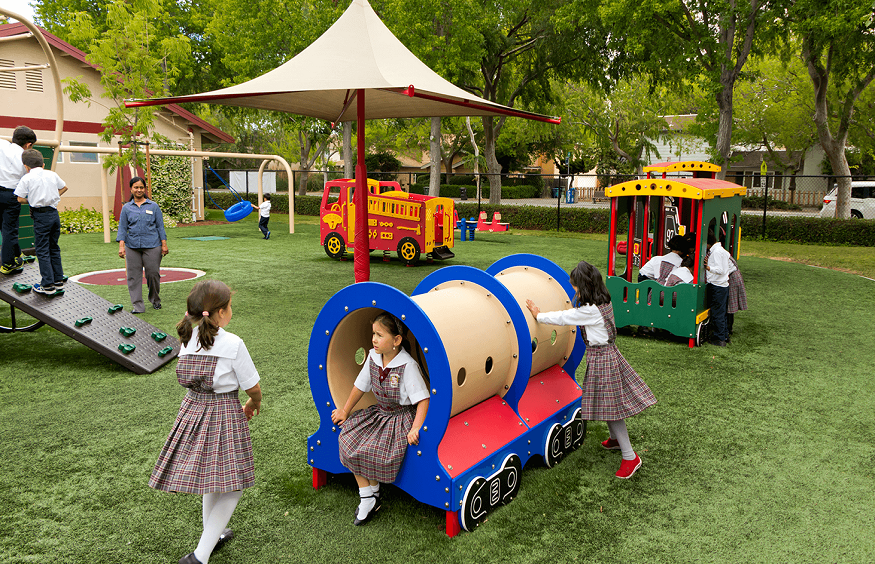In an increasingly complex and rapidly changing world, the traditional metrics of academic success, while still vital, are no longer sufficient to prepare young people for the challenges and opportunities ahead. Parents and educators alike are recognizing the critical need to cultivate a broader range of skills and personal attributes: strong character, decisive leadership, and unwavering resilience. While these qualities can be nurtured in any educational setting, private school environments often offer a unique blend of resources, philosophies, and community structures specifically designed to foster these crucial traits, transforming education from mere knowledge transfer into holistic personal development.
Private schools, free from some of the systemic constraints of public institutions, frequently have the flexibility to implement innovative programs, maintain smaller class sizes, and craft distinct cultures that prioritize the comprehensive growth of each student. This intentional cultivation of character, leadership, and resilience becomes a defining hallmark of their educational philosophy.
Cultivating Character: Beyond the Curriculum
Character development in private schools in Palo Alto goes far beyond a casual emphasis on good manners. It’s often woven into the very fabric of the institutional culture, manifesting in explicit curricula and implicit expectations.
- Values-Driven Education: Many private schools are founded on specific values or philosophical traditions – be it ethical principles, a commitment to service, or a particular spiritual ethos. These values are not just stated; they are actively taught, discussed, and modeled by faculty. Students learn about integrity, empathy, responsibility, and respect through daily interactions, dedicated ethics classes, and community projects.
- Emphasis on Personal Responsibility: Smaller communities and higher faculty-to-student ratios often allow for more individualized attention and greater accountability. Students are given opportunities to take ownership of their actions, both academic and social. Consequences are often framed as learning opportunities, fostering self-awareness and a strong moral compass.
- Community and Inclusivity: Private schools frequently emphasize building a strong, cohesive community. This often involves specific efforts to promote inclusivity, understanding diverse perspectives, and resolving conflicts constructively. Learning to navigate relationships with respect and compassion within a tight-knit community is a powerful character-building exercise.
- Service Learning: A significant component of character development in many private schools is a strong emphasis on service learning. Requiring or encouraging students to participate in community outreach, volunteer work, and philanthropic initiatives instills a deep sense of social responsibility and empathy, showing them the direct impact of their actions on others.
Fostering Leadership: Opportunities and Mentorship
Leadership is not an inherent trait for a select few; it’s a skill set that can be developed through practice, mentorship, and opportunities for responsibility. Private school environments are often rich with such avenues.
- Abundant Leadership Roles: From student councils and club presidencies to athletic team captains, peer mentors, and dorm prefects (in boarding schools), private schools typically offer a diverse array of leadership positions, often more accessible than in larger institutions. This provides numerous opportunities for students to step up, practice decision-making, and learn to inspire and guide their peers.
- Small Class Sizes and Individual Attention: Smaller learning environments allow teachers to identify and nurture latent leadership potential in individual students. Mentorship relationships with faculty are more common, providing guidance, feedback, and encouragement as students take on new responsibilities.
- Project-Based Learning and Collaborative Environments: Many private schools integrate project-based learning and collaborative group work into their curriculum. These activities naturally create scenarios where students must lead, delegate, communicate effectively, and problem-solve as a team, honing essential leadership skills in a practical setting.
- Extra-Curricular Richness: The breadth and depth of extra-curricular offerings – from debate teams and drama clubs to robotics and outdoor adventure programs – provide fertile ground for leadership development. Students learn to lead within their passions, whether it’s directing a play, strategizing a debate, or organizing a community event.
The Holistic Advantage: Interconnected Growth
The true power of private school environments in nurturing character, leadership, and resilience lies in their holistic approach. These three qualities are not developed in isolation but are intricately interconnected. Strong character underpins ethical leadership. Resilient individuals are better equipped to lead through adversity. Effective leaders model character and foster resilience in their teams.
By intentionally weaving these threads through academic programs, extracurricular activities, and community life, private schools aim to produce well-rounded individuals who are not only intellectually capable but also ethically grounded, confidently self-aware, and emotionally robust – ready to contribute meaningfully to society and navigate their own paths with strength and purpose. The long-term benefits extend far beyond graduation, equipping alumni with the intrinsic tools needed for lifelong success and well-being.

